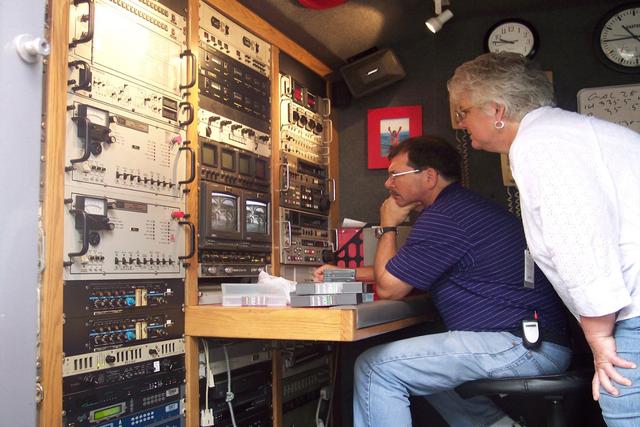Musical Instrument Repairers and Tuners
Overview

Introduction
Musical instrument repairers and tuners work on a variety of instruments, often operating inside music shops or repair shops to keep the pieces in tune and in proper condition. Those who specialize in working on pianos or pipe organs may travel to the instruments location to work. Instrument repairers and tuners usually specialize in certain families of musical instruments, such as stringed or brass instruments. Depending on the instrument, they may be skilled in working with wood, metal, electronics, or other materials. Th...
Quick Facts
Median Salary
Employment Prospects
Minimum Education Level
Experience
Skills
Personality Traits
Earnings
Wages vary depending on geographic area and the workers specialty, skill, and speed at making repairs. Full-time instrument repairers and tuners had a median income of $36,330 in May 2018, according to the U.S. Bureau of Labor Statistics. The highest paid 10 percent earned $59,020 or more per year, and the lowest paid earned less than $22,700 annually. Some helpers work for the training they ge...
Work Environment
Repairers and tuners work in shops, homes, and instrument factories, surrounded by the tools and materials of their trade. The atmosphere is somewhat quiet but the pace is often busy. Since repairers and tuners are usually paid by the piece, they have to concentrate and work diligently on their repairs. Piano technicians and tuners generally perform their work in homes, schools, churches, and o...
Outlook
Job opportunities for musical instrument repairers and tuners are expected to show little or no change through 2028, according to the U.S. Department of Labor. This is a small, specialized field, and replacement needs will be the source of most jobs. Because training positions and school programs are relatively difficult to find, those with thorough training and education will have the best emp...




















